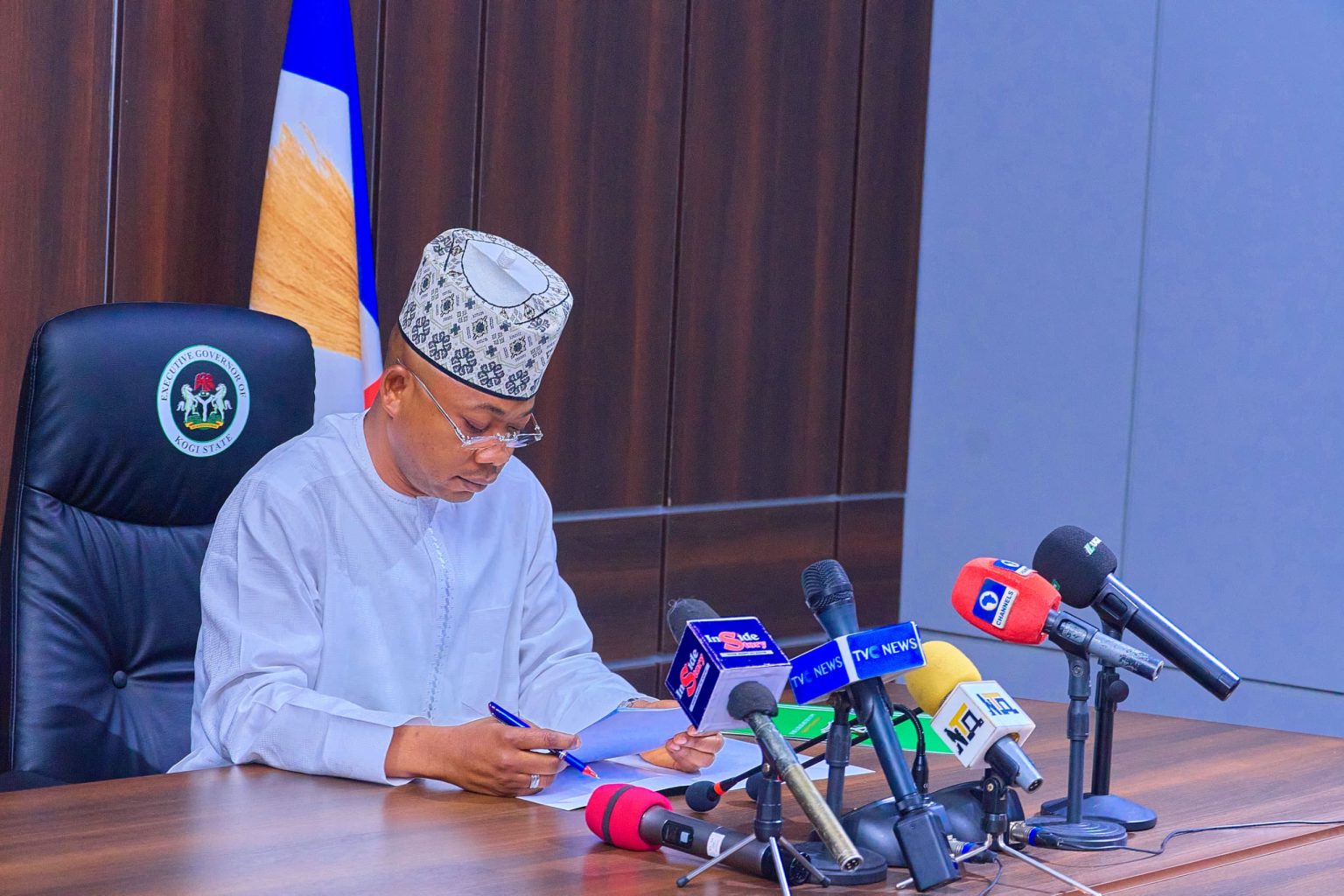
According to the National Economy newspaper, seven states of the federation are expected to pass a bill on the new pension scheme in their state legislatures.
The Pension Reforms Act of 2014 (PRA) has already been domesticated by the states, and the documents are awaiting the bill’s enactment. These states are Kwara, Plateau, Rivers, Borno, Akwa Ibom, Katsina and Bauchi.
The Contributory Pension Scheme (CPS) must be adopted in states to become effective at the state level under PRA 2014, while the relevant states are free to amend the Act to suit their system’s peculiarities.
Despite the fact that the CPS has been domesticated in state legislation in around 25 states across the country, an investigation revealed that only 10 of them were remitting both the employer and employee monthly contributions, totaling 18% of each worker’s monthly wage.
Further research found that the governors of those states’ body language toward the payment of the massive accumulated rights aren’t encouraging.
While the new pension scheme has been quite successful in the private sector, the degree of compliance in the public sector, with states being the main perpetrator, is not encouraging.
The problem with the Pension Reforms Act (PRA) 2014 is that states are not required to accept it, thus they are free to domesticate it or ignore it. There is no specified punishment for defaulting state government, even when it is domesticated.
According to the inquiry, this is currently hurting seniors in the affected states whose Retirement Savings Accounts (RSAs) were either not credited at all or were waiting for the government to meet its obligations before they could receive their own pension contributions upon retirement.
Mr. Peter Aghahowa, the spokesman for the National Pension Commission (PenCom), said the regulator is launching a series of awareness campaigns in states to achieve full compliance, adding that some states have actually boosted compliance.
He noted that the pension regulator can only convince and that the pension regulation does not provide PenCom the authority to prosecute states.
He did vow, though, that the Commission will continue to educate and sensitize states about the need of honoring their workers’ pension obligations.



